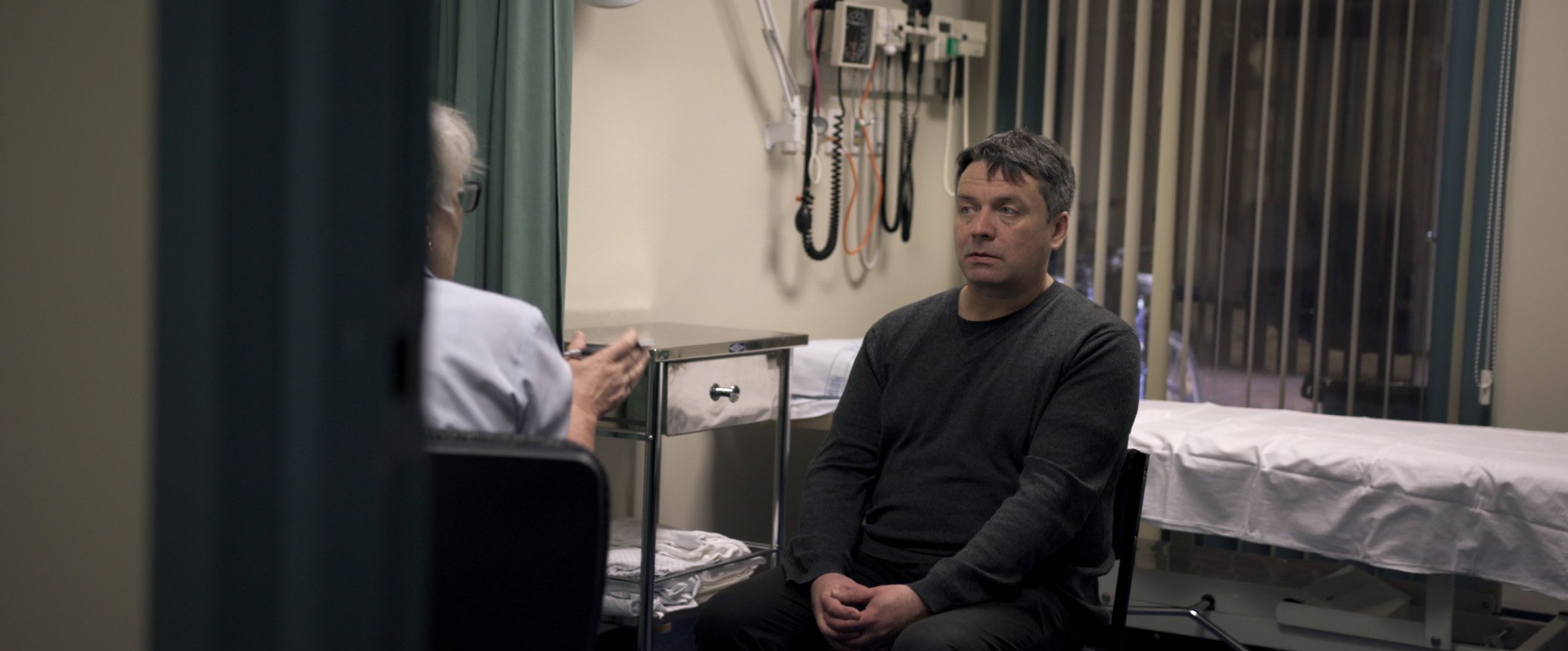
Last week, we didn’t just lose a national treasure, music visionary or special Dunedinite, we lost a champion for people with hepatitis C. A leader, who despite the stigma, stood up and told his story.
Martin Phillipps was an important person to me as we shared some history. Aside from being a proud Dunedinite, I also took heroin in the ’80s, experienced and overcame drug dependence, and have been affected by hepatitis C and liver cancer as a result.
Martin and I weren’t in the same scene, but I relate heavily to parts of his story. The ’80s were a time. The Chills were the soundtrack to many of our lives and although I was more into brown music, The Chills put Dunedin on the map.
At the time, it felt like we only really had music from overseas. Martin started a unique homegrown music movement.
For me, it was an interesting time for the drug scene. We’d just had the saga of the "Mr Asia" drug smuggling syndicate in the late ’70s and there had been an influx of heroin.
Homebake was just beginning. Early in the 1980s, a couple of university students in Auckland had worked out how to distil morphine from codeine, and then turned it into heroin.
So, we had a unique-to-New Zealand homebake epidemic. People were cooking up codeine all over the place, which was only happening here in New Zealand. Supply was intermittent.
Overlaid on that was the growing Aids epidemic. It was a turbulent time.
Needle exchanges weren’t quite there yet (some progressive individuals were starting to call for them and won in 1987).
So, you got the gear you could and used it for as long as you had to. No-one thought about clean needles and so there were a lot of extremely unsafe drug injecting practices. It was like the Wild West.
Hep C wouldn’t be discovered until 1989, so I acquired it unknowingly. Martin’s experience was different. He was infected in the 1990s and, unlike many of those around him in the scene, he didn’t inject heroin, so he was likely infected by a needlestick injury.
Across the country, the scenes were different, depending on where you were. Auckland always has had more drug access. Wellington was more intermittent, but there was a large permanent population of people using there. Christchurch had a place, open all hours with everything available.
Many of the people I hung with had been through the "care" system, under both state and faith-based institutions. They had experienced horrendous trauma and abuse and their drug use was a way of coping.
It was doubly gutting last week hearing of Martin’s death and the stories coming out from the Abuse in Care inquiry. It made me remember the people I knew who didn’t survive, either dying of liver or other health complications, overdose, car accidents, or suicides.
The state not only failed those people in their duty of care, it hurt them all over again with the war on drugs. Criminal convictions, shame, and a secrecy that exacerbates health harms and fuels addiction.
We are still hurting people with the Misuse of Drugs Act, forcing people to shroud themselves in harmful secrecy and punishing those trying to cope with the pain of traumatic experiences.
These days I walk in very different circles than the ones I used to, and I have learnt many of us had blackouts in the 1980s, nights out we can’t remember.
If you had some nights out in the ’80s you can’t remember, please go and get tested for hepatitis C and save yourself and your whānau a lot of grief.
It’s a free, rapid, finger prick test.
And treatment is available now and it’s easy. For three months of medicine, it is totally worth it.
Vale Martin. May we honour your memory by eliminating Hep C and replacing the Misuse of Drugs Act.
— Tuari Potiki is chairman of the NZ Drug Foundation Te Puna Whakaiti Pāmamae Kai Whakapiri.










